Description
Understanding Emedur Supozituvar 100 Mg
Composition and Presentation
Emedur Supozituvar 100 Mg acts as a potent remedy for managing nausea and vomiting in children. Each box of this medication contains 5 suppositories, each endowed with 100 mg of trimetobenzamide hydrochloride and 20 mg of benzocaine. It is imperative to recognize that Emedur extends its benefits beyond pediatric care; it is also available in alternative forms like dragee, ampoule, and suppository, tailored to the needs of adults.
The Mechanism
Emedur operates as an antiemetic, a class of drugs designed to thwart the occurrence of nausea and vomiting. By diminishing the signaling within the brain responsible for inducing vomiting, it offers a targeted approach to addressing these discomforts. This intervention is particularly relevant when the underlying cause of a child’s vomiting is known.
Usage and Precautions
Emedur Supozituvar 100 Mg’s administration hinges on rectal delivery. In the case of children weighing between 15-45 kg, the recommended dosage ranges from 1 to 2 suppositories, taken 1-4 times a day. However, caution must be exercised in the choice of patients and scenarios, as outlined in the subsequent sections.
Precautions: Informed Decision-Making
Certain scenarios warrant special consideration:
- Allergic Reactions and Age Limitations: Emedur Supozituvar 100 Mg should not be employed if a child exhibits allergies to trimetobenzamide hydrochloride, benzocaine, or any other component of the medication. Furthermore, its usage is not suitable for newborns, infants under 12 months of age, or premature babies.
- Caution in Specific Scenarios: The application of Emedur calls for caution in various circumstances such as the sudden onset of vomiting due to any cause, instances of acute febrile illness, brain inflammation, gastroenteritis, fluid loss, electrolyte imbalance, concurrent usage of other antiemetic drugs, administration in children, especially for long-term vomiting with a known cause, application in the elderly and those with compromised health, recent usage of drugs impacting the central nervous system, and situations involving severe vomiting.
Side Effects
While Emedur serves as a potent ally in addressing nausea and vomiting, it can potentially introduce side effects. These can encompass drowsiness or dizziness, headaches, feelings of depression or disorientation, and blurred vision. In more serious instances, effects like uncontrollable eye, lip, tongue, or limb movements, speech or swallowing issues, memory problems, unusual muscle spasm, tremors, restlessness, jaundice, seizures, or low blood cell counts might manifest. If such effects arise, consultation with a healthcare professional is essential.
Interactions
In the realm of medication interactions, Emedur demands careful consideration. Particularly, substances affecting the central nervous system like phenothiazines, barbiturates, and belladonna derivatives can potentially interact with it . The significance of these interactions extends to both efficacy and side effects. Therefore, prior consultation with a healthcare provider is indispensable, encompassing all medications being consumed, including prescription, over-the-counter, and herbal supplements.
Extending Emedur’s Application to Adults
It is noteworthy that Emedur’s efficacy isn’t confined to pediatric care. Adults can also benefit from its application through various forms such as dragee, ampoule, and suppository tailored to their physiological requirements. However, consultation with a medical professional remains pivotal before initiating Emedur usage in adults. This ensures not only safety but also the precise determination of dosage and administration based on individual health conditions and history.
Conclusion
Emedur Supozituvar 100 Mg emerges as a cornerstone in the management of nausea and vomiting in children. Its specialized formulation, coupled with its rectal administration, signifies a nuanced approach to addressing these discomforts. Proper administration and adherence to precautionary guidelines ensure optimal results and safety. Furthermore, its extension to adult care underscores its versatility and relevance in diverse healthcare contexts. For personalized guidance and a nuanced understanding of its application, consulting a healthcare provider remains paramount.

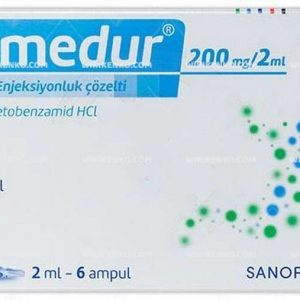
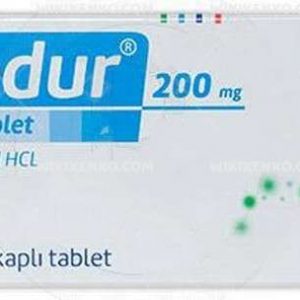
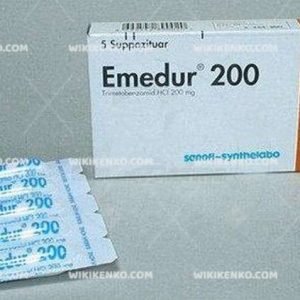
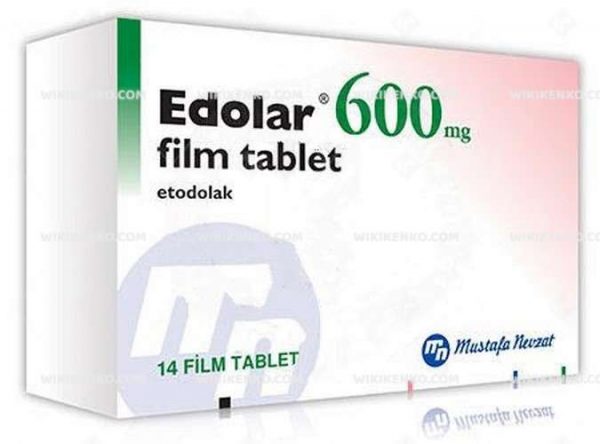


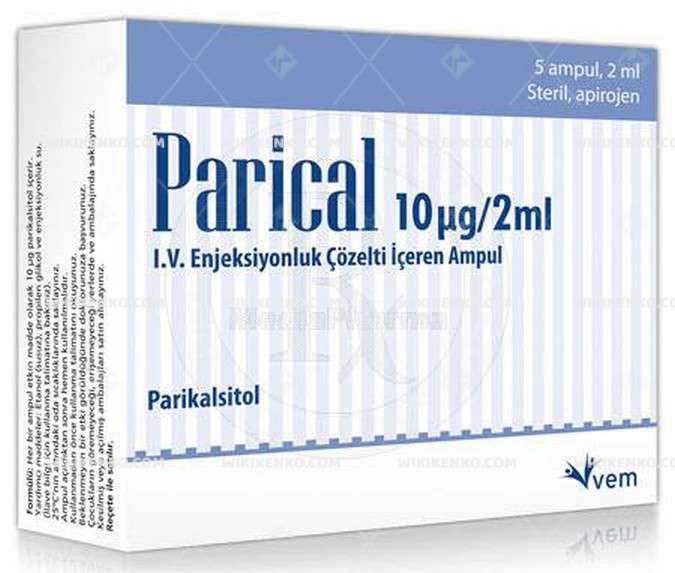
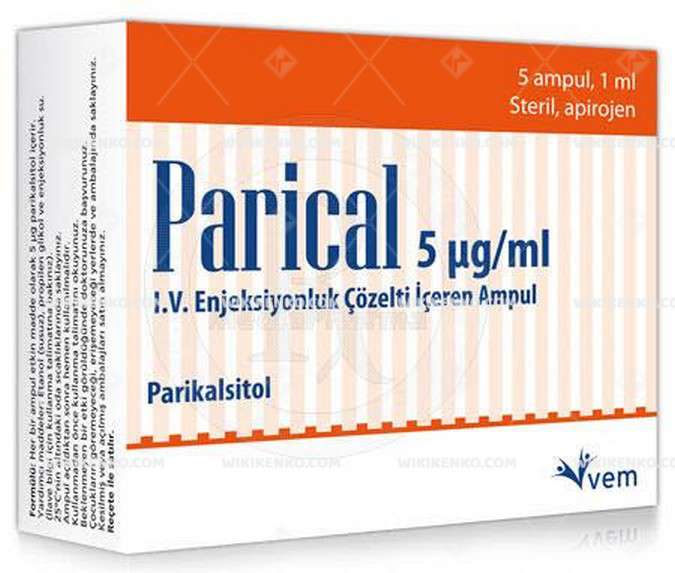








Reviews
There are no reviews yet.